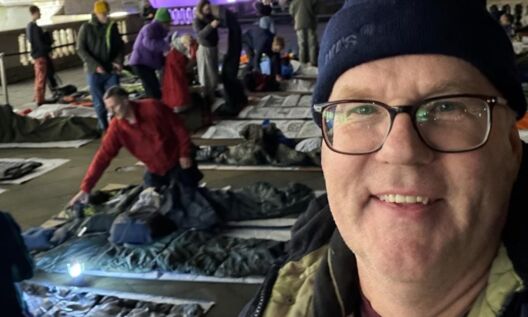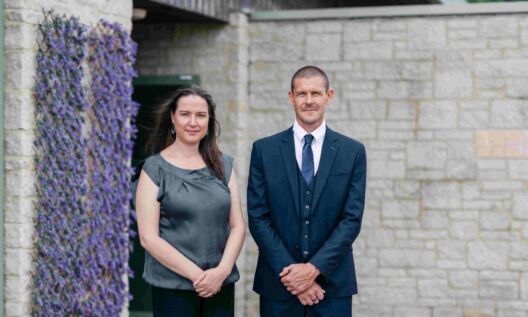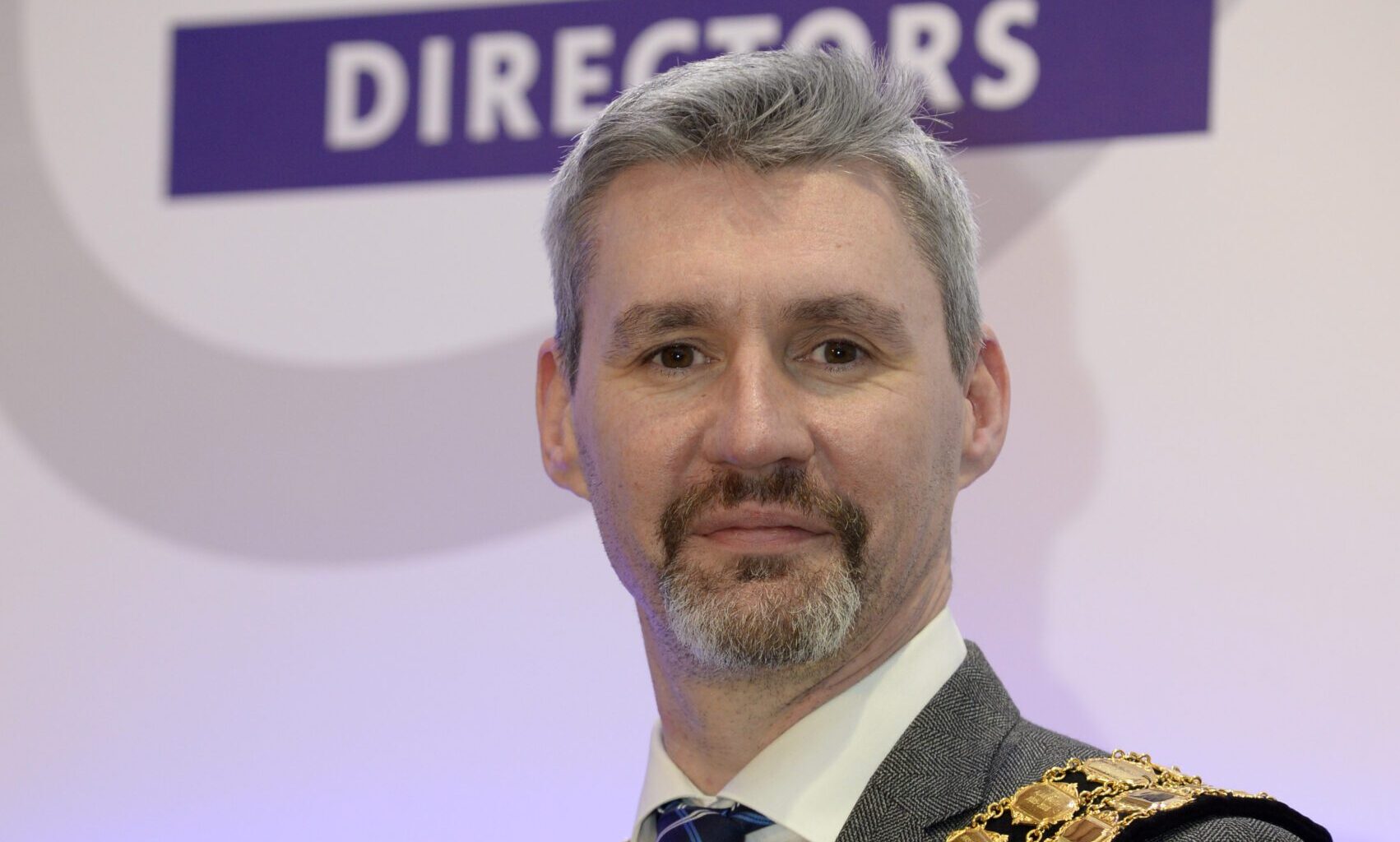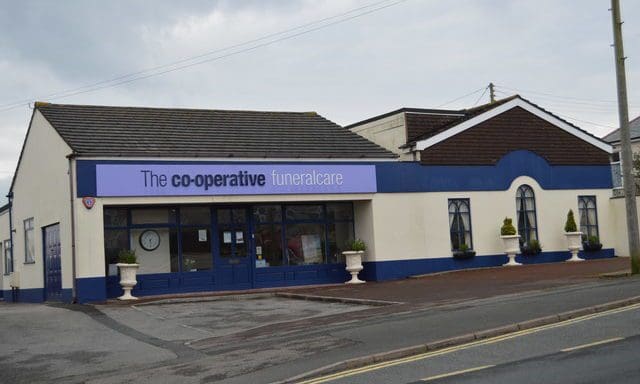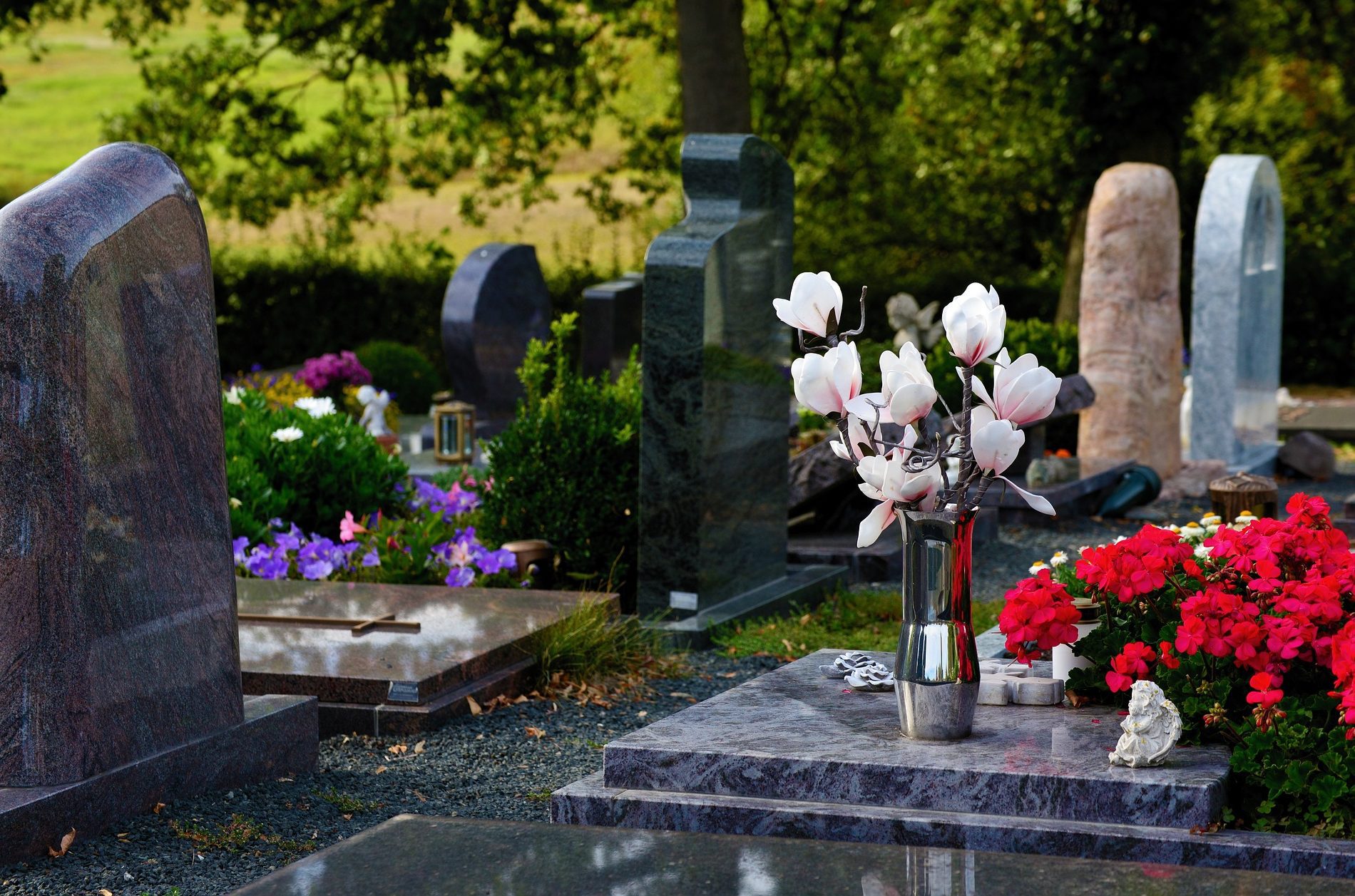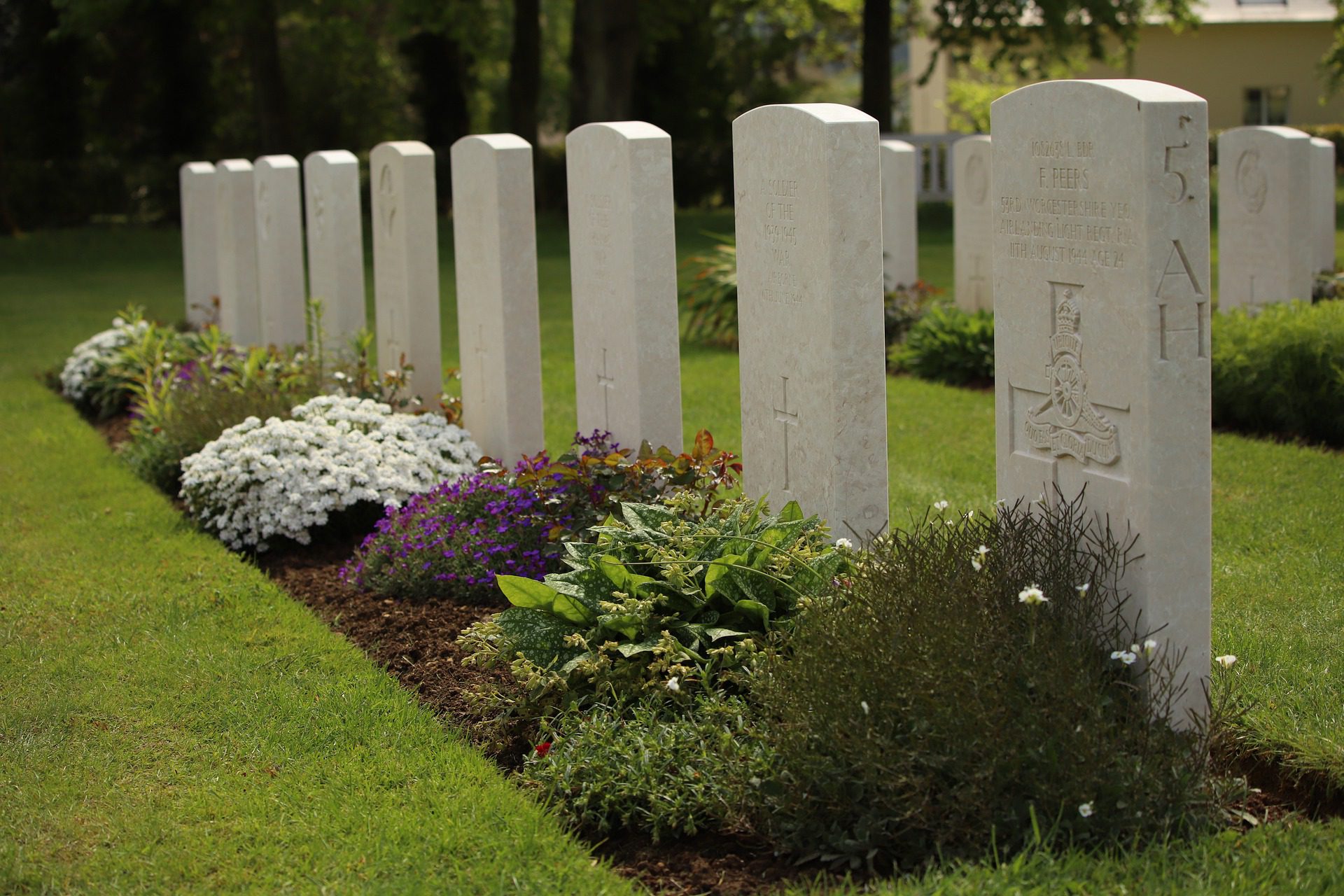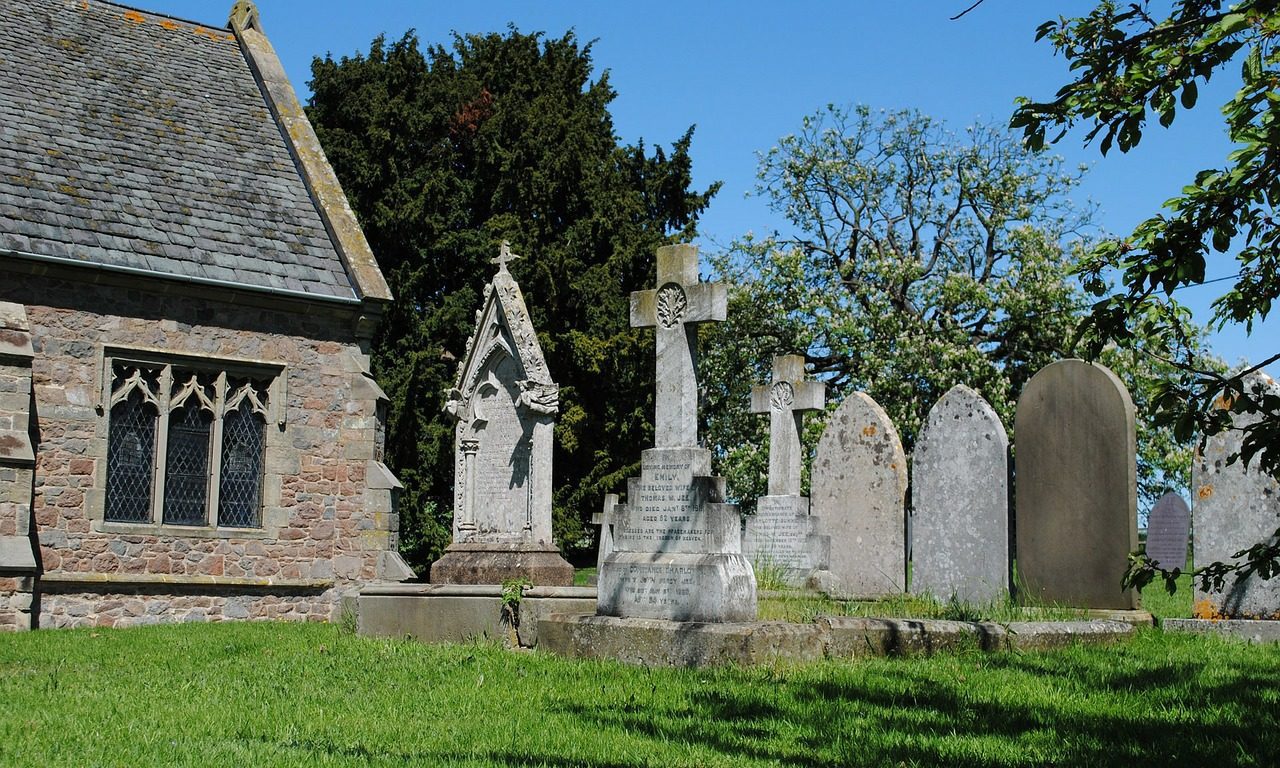Register to get 2 free articles
Reveal the article below by registering for our email newsletter.
Want unlimited access? View Plans
Already have an account? Sign in
Funeral directors from Central England Co-operative have revealed some “unique” ways they are still able to help families say goodbye to their loved ones during these uncertain times.
Despite any difficulties, Central Co-op said its funeral colleagues have been helping families overcome any restrictions by ensuring bespoke and personal farewells have still been able to take place.
Co-op revealed in Uttoxeter, Staffordshire, the team organised a funeral which included a cortege of 12 buses for a man who had dedicated his life to working on buses in the local area.
Colleagues have also often been asked to wear a special coloured tie to reflect the loved one being remembered or to celebrate their favourite sports team as well as organising for funeral processions to go on special routes to stop outside places special to the loved one or so that family members who could not attend could pay their respects.
Also, in Suffolk, one funeral team organised a socially-distanced afternoon tea for the family of a loved one to take place at the exact same time as the funeral which was happening across the country in Derbyshire.
Aiden Phillips, senior funeral director, said: “Our colleagues see their roles not as a job, but as a vocation, so the current restrictions have really impacted them and how they want to help families.
“However, they have all decided to make sure that they can continue to go above and beyond where possible to make each send off as personal as possible. These examples are just a handful of some of the great ways our teams have tried to bring a little light to families in their time of need.”
He added: “When special arrangements cannot be made, they are supporting families by looking to the future and helping them prepare and plan memorial events and celebrations of life for when things return to normal.
“We want to reassure people that everything we do is in the interests of keeping them safe and well, both for our colleagues and the communities in which we work.”


